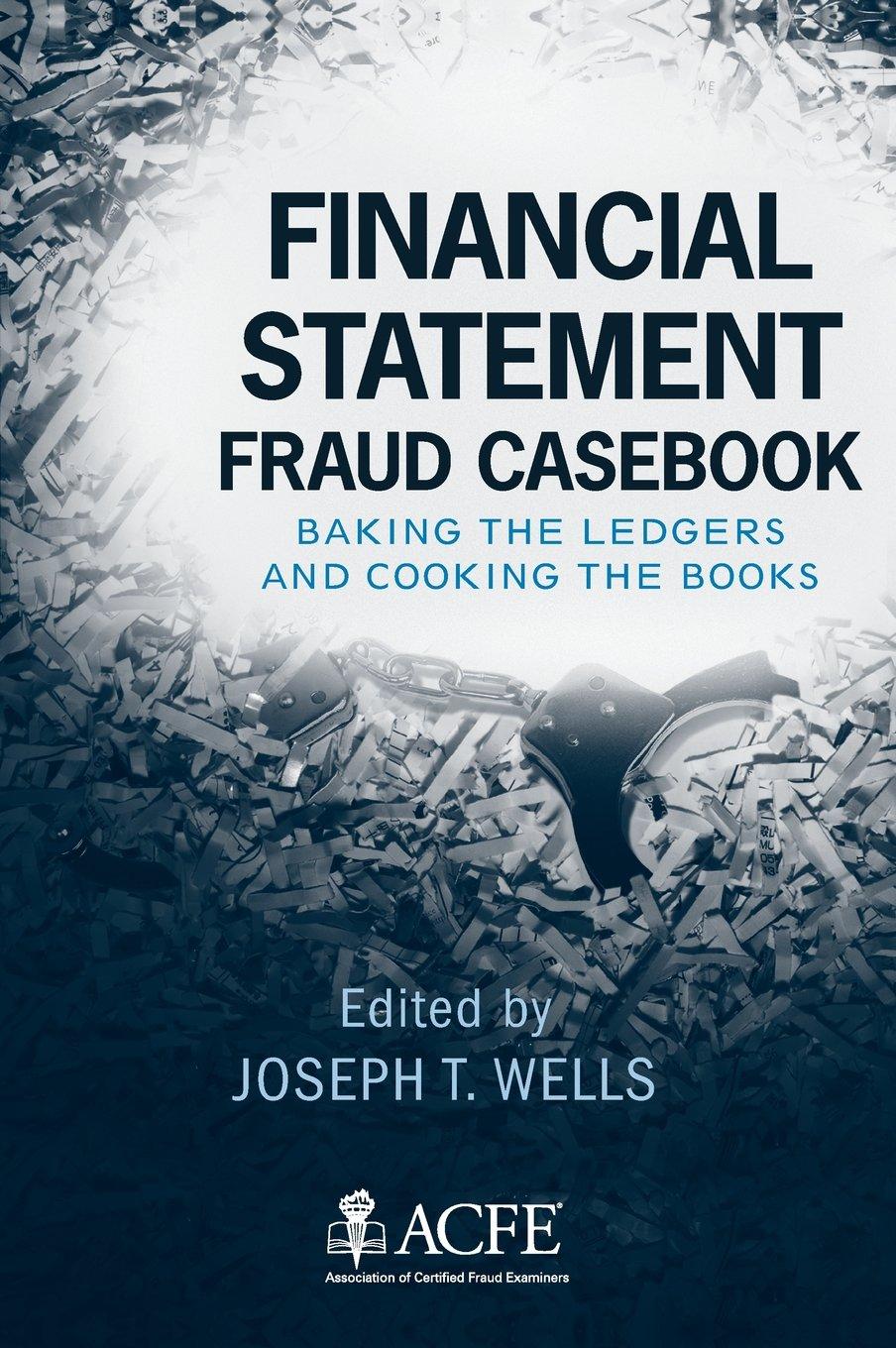Question
Venus Chocolate Company processes chocolate into candy bars. The process begins by placing direct materials (raw chocolate, milk, and sugar) into the Blending Department. All
Venus Chocolate Company processes chocolate into candy bars. The process begins by placing direct materials (raw chocolate, milk, and sugar) into the Blending Department. All materials are placed into production at the beginning of the blending process. After blending, the milk chocolate is then transferred to the Molding Department, where the milk chocolate is formed into candy bars. The following is a partial work in process account of the Blending Department at March 31, 2016:
| ACCOUNT Work in ProcessBlending Department | ACCOUNT NO. | ||||||||
| Date | Item | Debit | Credit | Balance | |||||
| Debit | Credit | ||||||||
| Mar. | 1 | Bal., 6,100 units, 2/5 completed | 17,812 | ||||||
| 31 | Direct materials, 244,000 units | 658,800 | 676,612 | ||||||
| 31 | Direct labor | 136,400 | 813,012 | ||||||
| 31 | Factory overhead | 34,106 | 847,118 | ||||||
| 31 | Goods transferred, 245,000 units | ? | |||||||
| 31 | Bal., ? units, 1/5 completed | ? | |||||||
Required:
1. Prepare a cost of production report, and identify the missing amounts for Work in ProcessBlending Department. If an amount is zero, enter "0". When computing cost per equivalent units, round to two decimal places.
| Venus Chocolate Company | |||
| Cost of Production Report-Blending Department | |||
| For the Month Ended March 31, 2016 | |||
| Unit Information | |||
| Units charged to production: | |||
| Inventory in process, March 1 | |||
| Received from materials storeroom | |||
| Total units accounted for by the Blending Department | |||
| Units to be assigned costs: | |||
| Equivalent Units | |||
| Whole Units | Direct Materials | Conversion | |
| Inventory in process, March 1 | |||
| Started and completed in March | |||
| Transferred to Molding Department in March | |||
| Inventory in process, March 31 | |||
| Total units to be assigned costs | |||
| Cost Information | |||
| Costs per equivalent unit: | |||
| Direct Materials | Conversion | ||
| Total costs for March in Blending Department | $ | $ | |
| Total equivalent units | |||
| Cost per equivalent unit | $ | $ | |
| Costs charged to production: | |||
| Direct Materials | Conversion | Total | |
| Inventory in process, March 1 | $ | ||
| Costs incurred in March | |||
| Total costs accounted for by the Blending Department | $ | ||
| Cost allocated to completed and partially completed units: | |||
| Inventory in process, March 1 balance | $ | ||
| To complete inventory in process, March 1 | $ | $ | |
| Cost of completed March 1 work in process | $ | ||
| Started and completed in March | |||
| Transferred to Molding Department in March | $ | ||
| Inventory in process, March 31 | |||
| Total costs assigned by the Blending Department | $ | ||
Feedback
1. Calculate equivalent units for materials and conversion costs. Calculate the cost per equivalent unit for materials and conversion costs. Calculate the costs assigned to the beginning inventory, the units started and completed, and the ending inventory.
Learning Objective 2, Learning Objective 4.
2. Assuming that the March 1 work in process inventory includes $15,860 of direct materials, determine the increase or decrease in the cost per equivalent unit for direct materials and conversion between February and March. If required, round your answers to the nearest cent.
| Increase or Decrease | Amount | |
| Change in direct materials cost per equivalent unit | Increase | $ |
| Change in conversion cost per equivalent unit | Decrease | $ |
Feedback
Step by Step Solution
There are 3 Steps involved in it
Step: 1

Get Instant Access to Expert-Tailored Solutions
See step-by-step solutions with expert insights and AI powered tools for academic success
Step: 2

Step: 3

Ace Your Homework with AI
Get the answers you need in no time with our AI-driven, step-by-step assistance
Get Started


